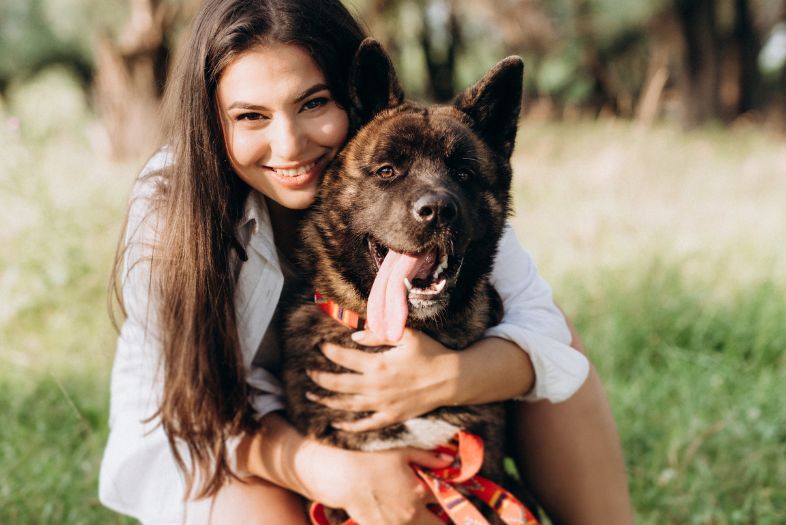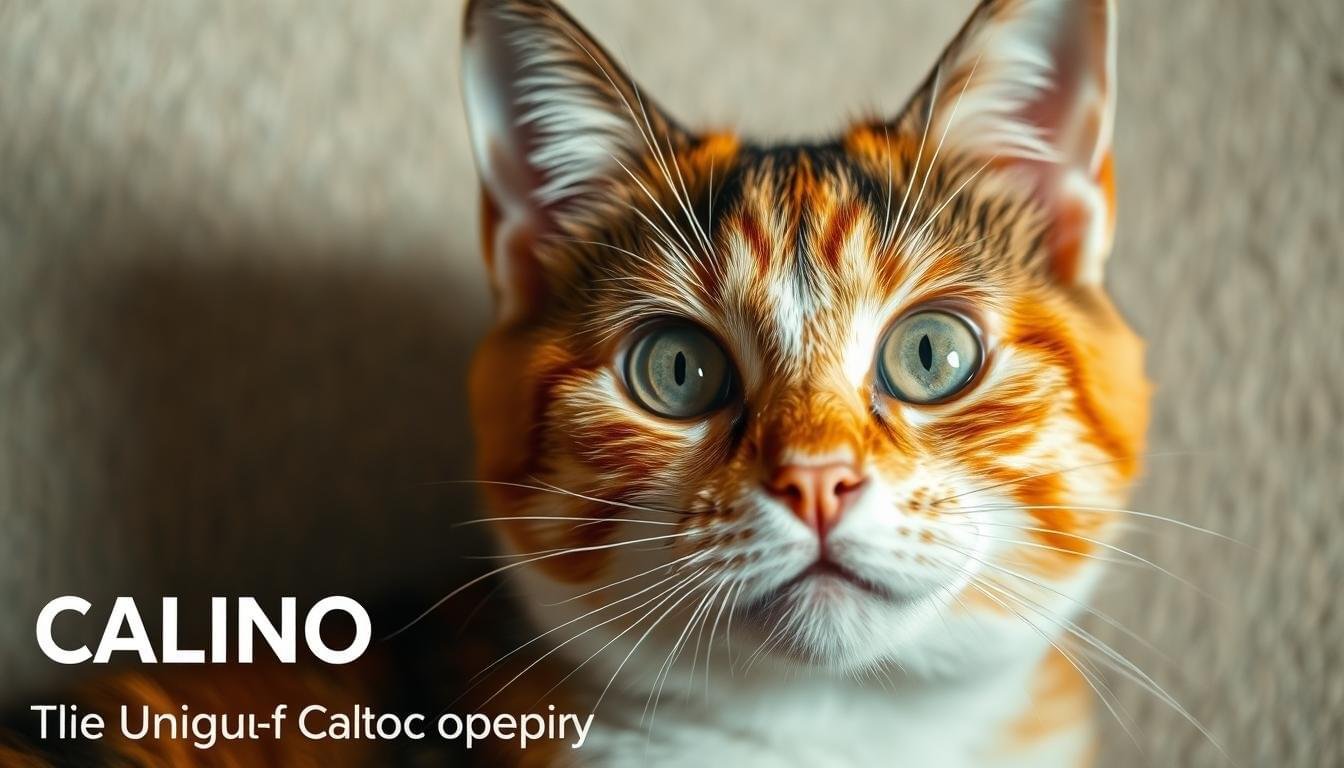Introduction
The Akita dog breed is a powerful, dignified, and loyal breed that has been revered in Japan for centuries. Akitas are known for their courage, strength, and loyalty to their owners. They are often used as guard dogs, police dogs, and hunting dogs. In this article, we will cover everything you need to know about Akita dogs, including their history, physical characteristics, personality, training and socialization, exercise and activity needs, feeding and nutrition, health issues, grooming and maintenance, living conditions, breeding and owning, and adoption and rescue.
History and Origin of Akita Dogs
The Akita dog breed originated in the mountainous regions of northern Japan in the early 17th century. They were originally bred as hunting dogs, and were used to hunt large game such as wild boar, deer, and even bears. Akitas were also used as guard dogs and to protect their owners from thieves and other dangers.
During World War II, the Akita breed almost became extinct due to a lack of food and the killing of dogs for their fur. However, a few dedicated breeders saved the breed by breeding the remaining Akitas with other breeds such as German Shepherds and Mastiffs.
Physical Characteristics of Akita Dogs
Size and Weight
Akita dogs are a large breed, with males standing at 26-28 inches tall and weighing between 100-130 pounds, and females standing at 24-26 inches tall and weighing between 70-100 pounds.
Coat and Color
Akitas have a thick, double coat that comes in a variety of colors, including white, brindle, red, and fawn. Their coats require regular grooming to prevent matting and shedding.
Personality and Temperament of Akita Dogs
Loyalty and Protection
Akitas are known for their loyalty to their owners and their protective nature. They are often used as guard dogs and are fiercely protective of their family.
Independence and Stubbornness
Akitas are independent thinkers and can be stubborn at times. They require firm and consistent training to prevent them from becoming dominant or aggressive.
Training and Socialization of Akita Dogs
Akitas require early and consistent training and socialization to prevent them from becoming aggressive towards strangers or other dogs. They respond best to positive reinforcement training methods.
Exercise and Activity Needs of Akita Dogs
Akitas are a moderately active breed and require daily exercise and activity to keep them physically and mentally stimulated. They enjoy activities such as hiking, swimming, and playing in the yard.
Feeding and Nutrition of Akita Dogs
Akitas require a high-quality diet that is rich in protein and nutrients. They should be fed a balanced diet of commercial dog food or a home-cooked diet that is approved by a veterinarian. It’s important to monitor their weight and adjust their diet accordingly to prevent obesity.
Health and Common Health Problems of Akita Dogs
Akitas are generally healthy dogs, but like all breeds, they are prone to certain health issues. Some of the most common health problems in Akitas include:
Hip Dysplasia
Hip dysplasia is a genetic condition that affects the hip joints, causing pain and mobility issues. Akitas should be screened for hip dysplasia before breeding or purchasing.
Bloat
Bloat is a life-threatening condition that occurs when the stomach twists, trapping gas and preventing blood flow. Akitas are at a higher risk for bloat, and owners should be aware of the symptoms and seek immediate veterinary attention.
Thyroid Issues
Akitas are prone to thyroid issues, including hypothyroidism and thyroid cancer. Regular veterinary check-ups and monitoring can help detect and manage thyroid issues.
Grooming and Maintenance of Akita Dogs
Akitas require regular grooming and maintenance to keep their coats healthy and prevent matting and shedding. They should be brushed at least once a week and bathed as needed. They also require regular nail trimming, ear cleaning, and dental care.
Akita Dogs and Children
Akitas can make great family pets, but they require proper socialization and training to be around children. They should always be supervised when around young children, as their size and strength can be overwhelming.

Akita Dogs and Other Pets
Akitas can be aggressive towards other dogs and small animals if not properly socialized and trained. They should be introduced to other pets slowly and under close supervision.
Akita Dogs and Living Conditions
Akitas can adapt to different living conditions, but they require a secure and fenced yard to prevent them from roaming. They do well in homes with a yard or in rural areas, but they can also adapt to apartment living if given enough exercise and activity.
Breeding and Owning Akita Dogs
Breeding and owning Akitas require a significant commitment of time, energy, and resources. It’s important to do your research and find a reputable breeder who performs health screenings and genetic testing. Akitas require early and consistent training and socialization, and they need regular exercise and activity to stay healthy and happy.
Rescue and Adoption of Akita Dogs
There are many Akita rescue organizations that work to find homes for Akitas in need. If you are interested in adopting an Akita, it’s important to work with a reputable rescue organization and to have realistic expectations about the dog’s needs and temperament.
Conclusion
Akitas are a unique and fascinating breed with a rich history and a loyal following. They make great companions for the right owner, but they require proper training, socialization, and care. By understanding their physical and behavioral needs, you can ensure that your Akita lives a happy, healthy, and fulfilling life.
FAQs
Are Akitas good with children?
Akitas can be good with children if properly socialized and trained. However, they should always be supervised when around young children.
Do Akitas shed a lot?
Yes, Akitas shed a lot and require regular grooming and maintenance to prevent matting and shedding.
Are Akitas aggressive towards other dogs and pets?
Akitas can be aggressive towards other dogs and small animals if not properly socialized and trained. They should be introduced to other pets slowly and under close supervision.
How much exercise do Akitas need?
Akitas need daily exercise and activity to stay healthy and happy. They should have at least one long walk or play session per day, as well as access to a secure and fenced yard.
How long do Akitas live?
Akitas have an average lifespan of 10-12 years, but they can live longer with proper care and veterinary attention.
Are Akitas easy to train?
A6. Akitas can be stubborn and independent, making them more challenging to train than some other breeds. However, with early and consistent training and socialization, they can be well-behaved and obedient.
How much do Akitas cost?
The cost of an Akita can vary depending on the breeder, location, and pedigree. Generally, Akitas can cost anywhere from $1,000 to $3,000.
Do Akitas make good guard dogs?
Akitas can make good guard dogs due to their size and protective nature, but they require proper socialization and training to prevent aggression towards strangers.
Can Akitas live in apartments?
Akitas can adapt to apartment living if given enough exercise and activity, but they do best in homes with a yard or in rural areas.
Are Akitas good for first-time dog owners?
Akitas are not recommended for first-time dog owners, as they require experienced handling and training. They are best suited for experienced dog owners who have the time, resources, and commitment to care for this unique breed.
You may also be interested in checking out other articles in this website like
The Ultimate Guide to Choosing the Best Dog Breeds for Children
The Top 10 Military Dog Breeds You Need to Know About
The Top 15 Smartest Dog Breeds in the World 2023
References
- American Kennel Club (AKC) – https://www.akc.org/breeds/akita/
- United Kennel Club (UKC) – https://www.ukcdogs.com/akita
- Japan Kennel Club (JKC) – http://www.jkc.or.jp/english/
- Fédération Cynologique Internationale (FCI) – https://www.fci.be/breeds/breeds_prn.aspx?lang=en&name=Akita
- Akita Club of America (ACA) – https://www.akitaclub.org/
-
Calico Cats: Unique Feline Companions
Discover the charm of calico cats in my ultimate guide, covering their history, characteristics, and care tips for these unique felines.
-
Osprey vs Bald Eagle: The Dramatic Sky Battles for Fish
I’ve observed Osprey vs Bald Eagle engaging in fierce sky battles for fish, a captivating comparison that sheds light on their hunting tactics.
-
Why Are Zebra Stripes Black and White? The Fascinating Answers Unveiled
I delve into the science behind zebra stripes and answer ‘Why Are Zebra Stripes Black and White?’ revealing intriguing reasons and surprising facts.











[…] Everything You Need to Know About Akita Dogs 2023 […]
[…] Everything You Need to Know About Akita Dogs 2023 […]
[…] this beloved breed. From their distinct characteristics and friendly temperament to their specific care needs and health issues, this breed guide has got you […]
[…] Bengal cats typically live for 12-16 years, but can live longer with proper care and attention to their health needs. […]
[…] Everything You Need to Know About Akita Dogs 2023 […]
[…] you can improve the administration of liquid medication to your cat and provide them with the care they need. Remember, always consult with your veterinarian if you have any concerns or questions regarding […]
[…] veterinarian, you can effectively manage high blood sugar in your cat and provide them with the care they need to live a healthy and happy […]
[…] breed has a fascinating history and unique […]
[…] a good understanding of your cat or dog’s sleep needs will help you provide them with the care they require for optimal health and happiness. Whether […]
[…] important to consult with a veterinarian for a proper diagnosis and treatment. Prompt veterinary care is crucial to ensure your cat’s health and […]
[…] taking proactive steps to address their health needs, you can ensure that your Oriental Shorthair cat lives a long, healthy, and happy […]
[…] Consult with your veterinarian for specific dietary advice based on your rabbit’s individual needs and health. […]
[…] ability to have multiple litters in a year. Older cats may have reduced fertility, while certain breeds may be more prone to reproductive health issues. Regular veterinary check-ups and consultations are crucial in assessing a cat’s […]
[…] a Doberman owner, I’ve learned these dogs are generally healthy but need careful care. Their strong build and alert nature make them great for security. But, it’s key […]